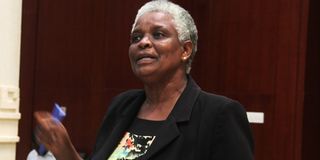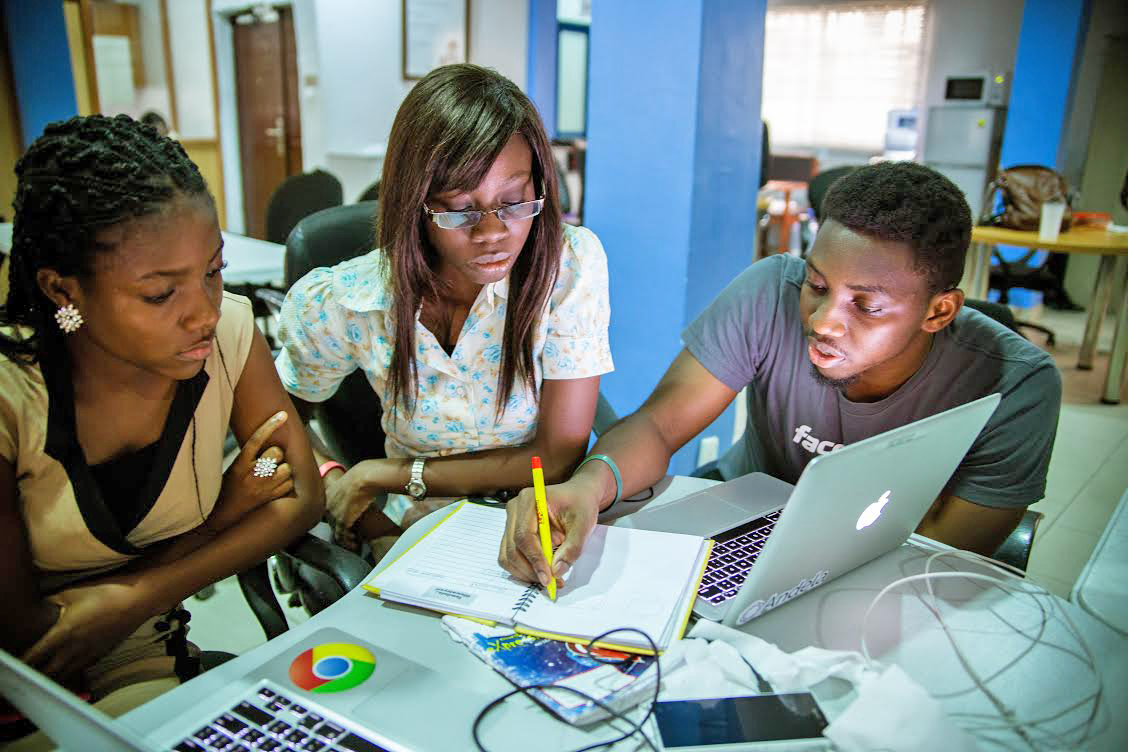Swahili or English? Tanzania education experts differ on medium of instruction

Prof Martha Qorro
What you need to know:
The pro-English group believes that their pro-Kiswahili counterparts were supporting the widely spoken language in the country for personal gains.
Dar es Salaam. Tanzania is apparently at the crossroads over which language between Kiswahili and English to use as the medium of instruction. This became more evident in Dar es Salaam yesterday when experts failed to reach a consensus on the topic during a debate, which was organised by Hakielimu, a non-governmental organisation, which specialises in education issues.
The pro-English group believes that their pro-Kiswahili counterparts were supporting the widely spoken language in the country for personal gains.
“Most of those backing Kiswahili are simply hypocrites…They studied abroad and they also have their kids studying at various English medium schools,” said Dr Michael Kadeghe from the University of Dar es Salaam.
He said English was as difficult as Kiswahili, brushing aside sentiments that the former was difficult and was making it difficult for students to perform well academically.
Quoting the late Mwalimu Julius Nyerere in 1974 who said it would be foolish of Tanzania to reject English, Dr Kadeghe said the use of Kiswahili will require massive investment in the education sector.
The pro-Kiswahili group also argued that the country is using the international language as a result of the language imperialism.
Prof Martha Qorro said: “We inherited this language, just like how Mozambique is using Portuguese or DRC with French. We need to change to a language that is well understood by both teachers and students,” she argued.
According to Prof Qorro, to get Tanzania to a mid-economy by 2025, there is a need to drop the language, which serves the interest of the former colonial masters, citing examples of how China and Japan value their languages.
The dialogue on proper language of instruction has been going on for more than 40 years since 1977.


